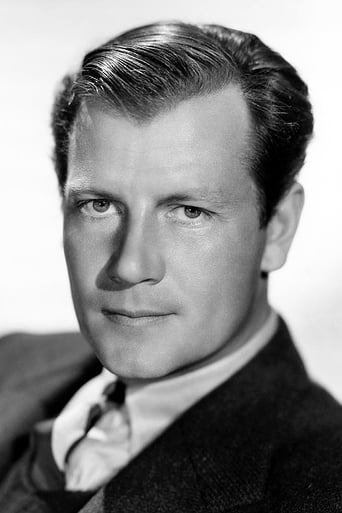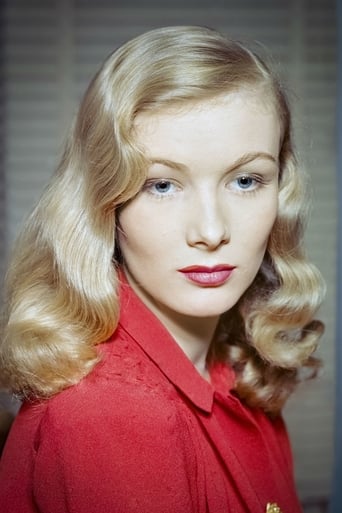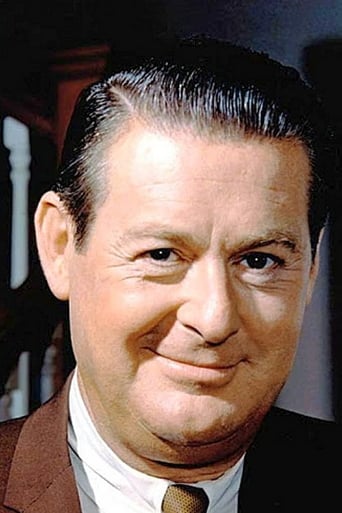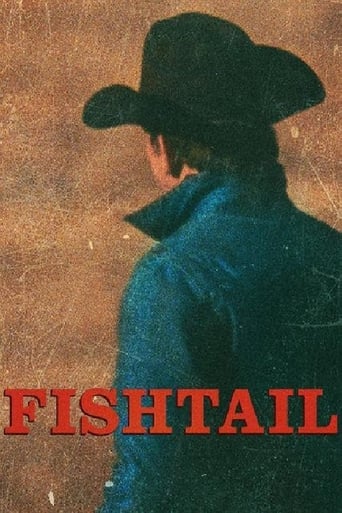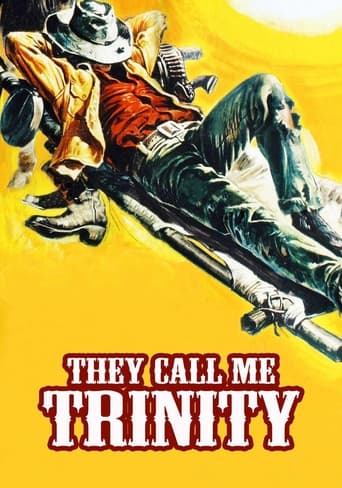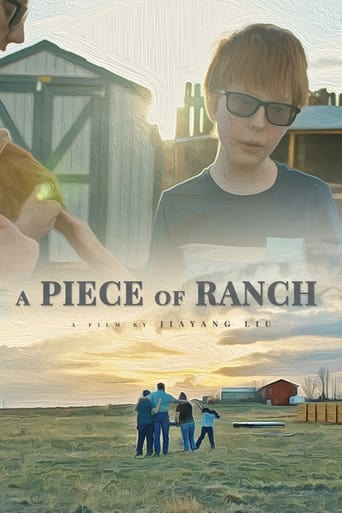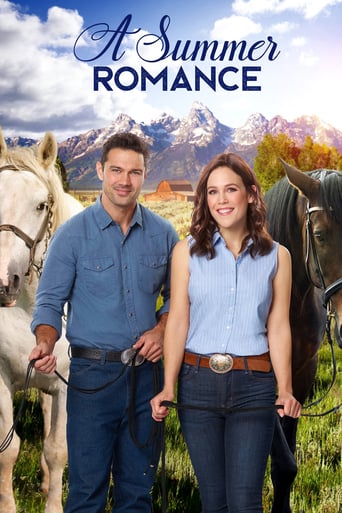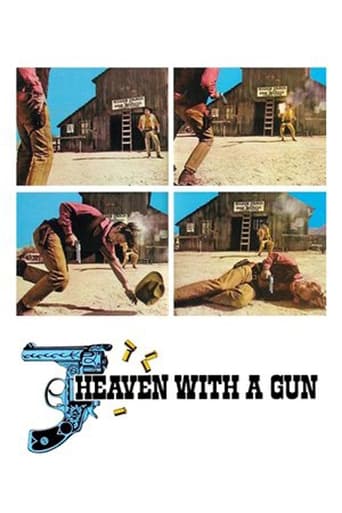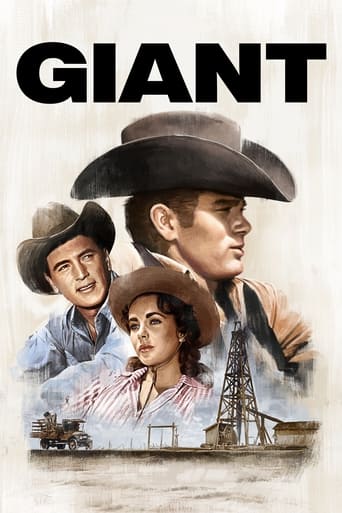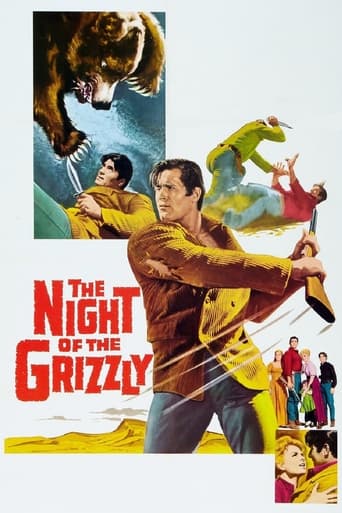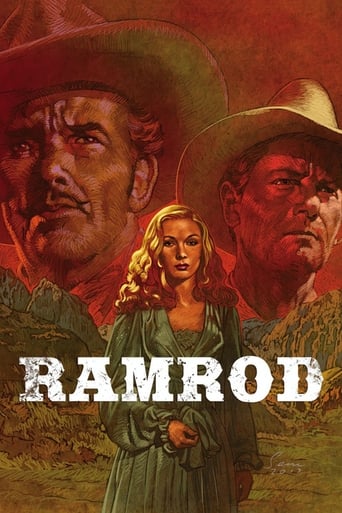
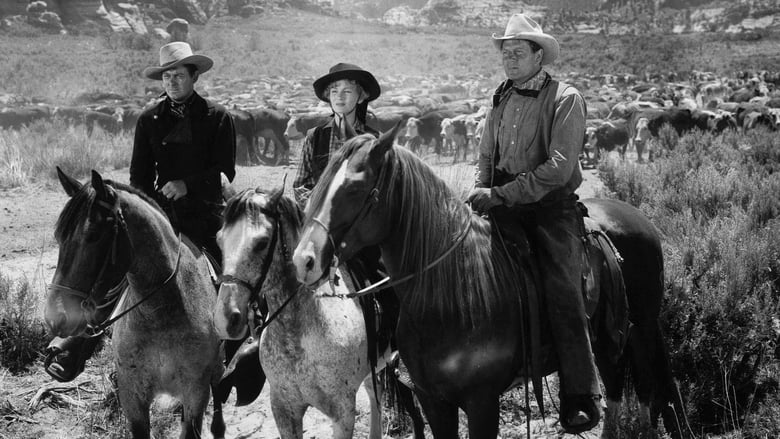
Ramrod (1947)
A cattle-vs.-sheepman feud loses Connie Dickason her fiance, but gains her his ranch, which she determines to run alone in opposition to Frank Ivey, "boss" of the valley, whom her father Ben wanted her to marry. She hires recovering alcoholic Dave Nash as foreman and a crew of Ivey's enemies. Ivey fights back with violence and destruction, but Dave is determined to counter him legally... a feeling not shared by his associates. Connie's boast that, as a woman, she doesn't need guns proves justified, but plenty of gunplay results.
Watch Trailer
Cast
Similar titles
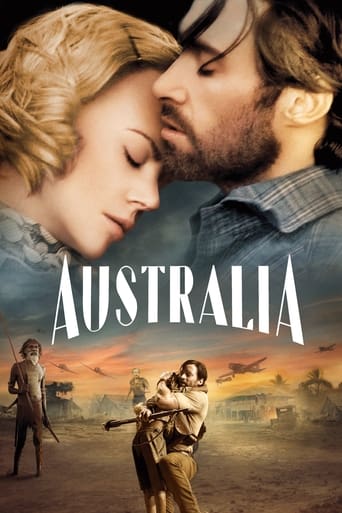
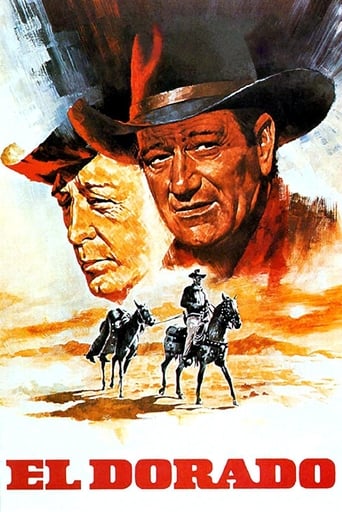
Reviews
Sick Product of a Sick System
Good story, Not enough for a whole film
Fantastic!
I wanted to like it more than I actually did... But much of the humor totally escaped me and I walked out only mildly impressed.
An unusual western screenplay. Veronica Lake, as Connie, is the head-strong daughter of rancher Ben Dickason(Charles Ruggles), who refuses to do her father's bidding, in marrying their prosperous neighboring rancher, Frank Ivey((Preston Foster), as Ivey would like. The main reason seems to be that she's afraid he would be too dominating over her. Despite her lack of a butch physique, she wants to take an active role in the management of the ranch; not just be a traditional trophy wife. Toward this goal, she takes up with sheep man Walt Shipley(Ian MacDonald)who apparently recently acquired some land in the region, and plans to raise sheep in what is considered cattle county. Hence, he is very unpopular with the local ranchers. Presumably, she chose him because she thought she could manipulate him toward her goals. The cattlemen run him out of town. But, before he leaves, he signs his property claim over to Connie.Did Connie achieve her main goals by the end of the film? She obtained a decent -sized spread thanks to the generosity of her suitor, and to that of her ramrod, Dave(Joel McCrea), who seized an outlying cabin belonging to Ives, because Ives failed to file for that land. She chose to raise cattle rather than sheep, so as not to antagonized the cattlemen.(How did she build up a herd so quickly?). But she committed a bad self-destructive act in ordering the stampeding of her cattle. As I understand it, they were stampeded over a cliff. Thus, she lost virtually all her cattle. The point was to blame the stampede on Ivey, so as to send him to jail. But, this depended on no one recognizing her own wranglers as the perpetrators, which turned out not to be the case. Connie conceived this treachery in retaliation for Ivey burning her wooden ranch house(Her new headquarters was made of stone). Thus, her short-term solvency looks bleak at film's end. Also, her current choice of husband appeared doomed, as Dave(McCrea) was put off by her highhandedness, firming up his recent relationship with the conventional town woman, Rose. In this vendetta-riddled story, Ivey was a bad guy in that he ordered the burning of Connie's ranch house, to spite her rejection of him, thus beginning the vendetta. The sheriff came calling to Ives's place to arrest him for stampeding the cattle. He threatened the sheriff, who drew his gun, but Ivey shot him first, blaming the deed on one of his ranch hands. Also, later, he shot dead McCrea's friend, Bill, who supervised the stampede. In turn, McCrea shot Ives in a street standoff, because he had killed Bill, and the sheriff, and because McCrea had shot the man falsely accused of shooting the sheriff.Looked at from a feminist perspective, we can compare Veronica's role with that of Betty Hutton and Doris Day, in the early '50s musical comedies "Annie Get Your Gun" and "Calamity Jane", respectively, as well as Doris in "The Ballad of Josie", from the late '60s. In all of these other films, the female lead is doing something that was almost unheard of for women to do. But, in each case, at the end, she realized that she wanted a male partner who felt superior to her in her special skill, even if he wasn't. Each of these ladies succeeded in finding such a mate. In the present film, Veronica wanted to show that she could wrangle a ranch out of someone other than Ives, and make it work, although she relied on males to do the dirty work. Unlike these other characters, she doesn't come across as a natural 'butch', but primarily as a manipulator of men to accomplish her goals. Hence, she is a different type of feminist example compared to the other ladies.Of course, McCrea and Veronica had worked together previously in the acclaimed "Sullivan's Travels".See it in B&W at YouTube.
I first saw this curious western many years ago, at the time I found it rather boring. After reading several other reviews on IMDb, knew it was time to re-evaluate. Pleased I did, this time seeing a totally different show (well at least by now, I was seeing things through different eyes)It still seems odd that it opens in the mist of a story situation that has not been established. Only the ensuing dialog sets you up with what's happened before the opening scene. This gives the film the look and feel of a finished work that may have endured post production edits for over-length. While I can't confirm if this was the case, it could still have been the intention of the film makers to do something different. In fact, the whole approach to this film is different. Here is a work that credits the audience with the ability to think --to read between the lines-- The pace is slower than normal, another sign the producers may want the audience to study each situation. For the patient, mature viewer this should pay entertaining dividends. As the first feature to come from John Garfield's independent Enterprise production company it's a worthy effort. The cast seem as if they all want this to be a success, even bit players work enthusiastically. Many of the main leads are playing out of their established roles. Charlie Ruggles and Don De Fore do well with their mainly dramatic characters and Veronica Lake (under direction from her husband) is surprisingly ruthless (don't think I was ready for any of this first time round) Interesting Director, Andre' De Toth and his remarkable Director of Photography: Russel Harlan (who's worked on such a vast range of varied topics) create several mesmerizing 'story without words' type situations throughout. Joel McCrea is marvellous to watch, as one of the most believable righteous men to grace the screen (no doubt about it, the world needs more).Luke Short (real name Frederick Glidden) creates realistic characters and gives them situations to match. It's a tad brutal, and not a western for everyone, but it's well worth staying with ~ you may end up being entertained. The Olive DVD release is not bad, while not a full re-mastering, the sound and B/W imagery are crisp (although the night scenes have some fluctuations.) Like me, you may need a second time round.
I won't comment on what has been written by several others here, regarding the noir-ish qualities of the material. I do want to mention some things that caught me off guard, in a very good way, from the moment the film began. First off, the writers and director de Toth were confident enough in their material not to spoonfeed their audience. Indeed, the first few minutes are so opaque it seems as if we may have come in in the middle of the film. In reality, we've come in in the middle, not of the film, but of the characters' lives, and the filmmakers allow us to figure out what's going on much as a stranger arriving in town would have to figure out what this drama is that's occurring around him. Adding to the intelligent and innovative approach to the story is the cinematography of Russell Harlan. Harlan, who shot Red River, Lust for Life, The Big Sky, and To Kill a Mockingbird, certainly knew how to place a camera and light a scene. For de Toth, Harlan's camera moves almost constantly, innumerable dolly shots (far more than in a typical film of this day) both reveal and obfuscate the settings in such a way as to keep the viewer always a little off-balance as to where the action is moving next. It's a skillful means of unsettling the viewer. The casting as well performs similarly. Joel McCrea is a familiar figure in Western leading roles, but here he's both a reformed drunk and so soft-spoken and comparatively passive as to be almost the antithesis of what we expect. Veronica Lake gets one soft scene with her hair down and almost peekabooing, but for the rest of the film it's up tight on her head, and she's up tight in the role. She's an interesting case, a pitiable femme fatale, a nice girl at first pushed then willingly galloping down the wrong road. Charlie Ruggles, typically a comic father type, here is stern but not heartless, wrongheaded but goodhearted. And the best piece of off-beat casting in the film is light comedian Don DeFore as the rascally, promiscuous, and deadly Bill, a gunman with a seductive smile and the grim good humor that one both fears and wants to protect. DeFore's performance is the best I've ever seen him give, and it made me wish he'd done more like this. Thankfully (and oddly), the script gives him plenty of screen time, much more in fact (toward the end) than one would expect, given that he's not the lead in the picture. There have been bad good-guys like Bill in scores of Westerns before and since, but few with the charisma and style that Don DeFore brings to this one. All in all, I was amazed by the complexity and shades of gray in this film, which I completely expected to be just another good old shoot-em-up. Well worth watching.
I looked this up on Comcast and the title suggested it might be interesting with a title that smacks of sexual symbolism. The description talked about cattle barons and a hard time, so I thought it might be another Brokeback Mountain.Well, it wasn't that at all It was about evil and out of control cowpokes. Joel McCrea (the ramrod) 1s the honest cowpoke who comes out of his drunken stupor after losing his family to find his own way. But his costar, Veronica Lake as Connie Dickason, steals the film as a strong-willed butch-type, who goes against the wishes of her rancher father Ben Dickason (Charles Ruggles) and refuses to marry his choice--the evil Frank Ivey (Preston Foster) and goes for a sheep man. GASP! Evidently, she wants someone she can whip.Well, somehow sheep boy skedaddles out of town and leaves his sheep ranch to his fiancée, who proceeds to fight daddy and Ivey.This is NOT a misogynist Bond movie! It is a western done by a Hungarian director, which had an interesting script with a lot more than you usually see in a cowboy movie.
